Finances
How to build an emergency fund: easy guide for beginners
An emergency fund can save you from accumulating debts. But, to use this feature, you need to know how to raise these funds. So, read on to learn how to build an emergency fund!
Advertisement
Money-saving tips for building your emergency fund
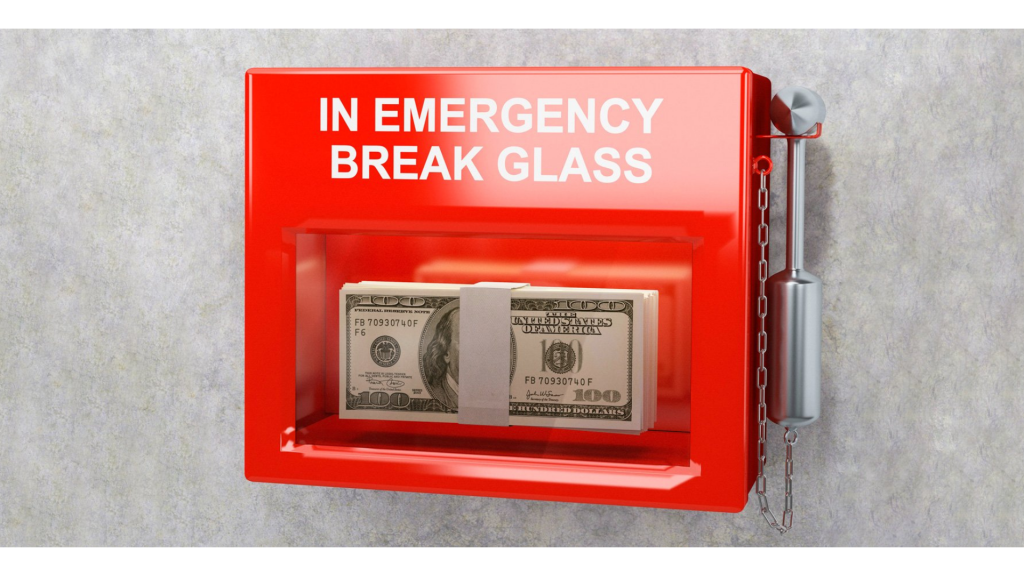
Do you know why knowing how to build an emergency fund is so important?
In fact, countless people have racked up large debts not out of carelessness but because they were surprised by an extra expense at an inopportune time.
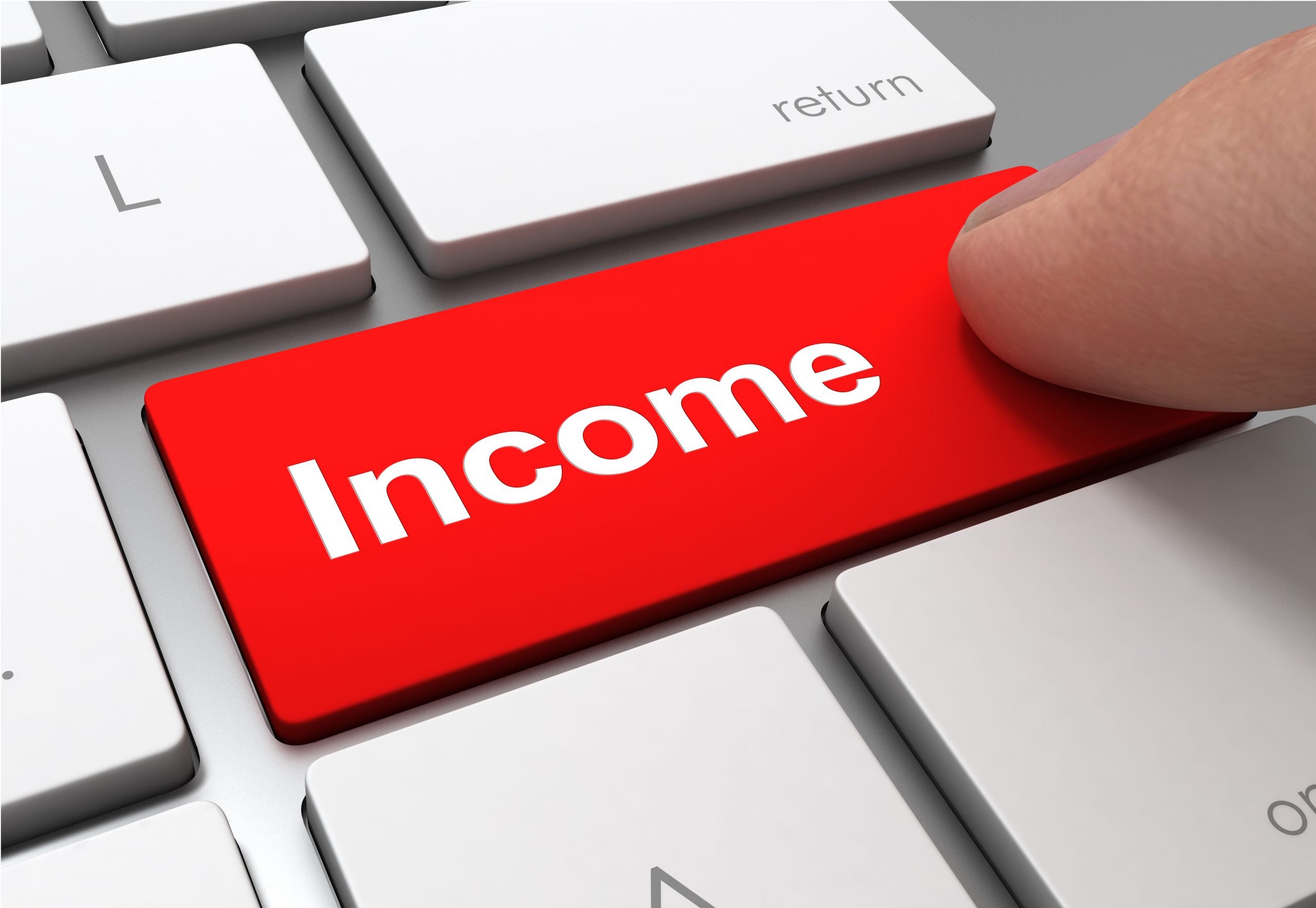
The three types of income: learn more about them
Discover the three main sources of income and how you can use them to have more financial health and achieve the long-awaited financial freedom.
So, if these people were ready for this event, they could have gotten rid of a big financial problem. You who are reading this text now have just had the opportunity that these people do not have.
Understand how to create an “anti-casualty” system to never accumulate debts because of unexpected expenses.
What is an emergency fund and why do you need one?
In fact, if you’ve studied personal finance, you’ve probably heard this term many times. However, for those who are unfamiliar with the subject or need a clearer concept, here is a definition.
Thus, an emergency fund is an amount set aside to cushion impacts on your income or expenses.
You will be redirected to another website
You’ll receive messages for less than 1 week, with a maximum of 1 message per day. You can unsubscribe anytime by replying STOP. By submitting this form, I confirm that I am 18+ years old and agree to the Privacy Policy and Terms and Conditions. I also provide my signature, giving express consent to receive informational messages via automated emails, SMS, MMS text messages, and other forms of communication. Message frequency may vary as part of our good-faith effort to respond to your inquiry. Message and data rates may apply. Text STOP to cancel. I understand that my consent to receive communications is not a condition of purchase and that I may revoke my consent at any time.
Who needs an emergency fund?
This amount serves, for example, for you to pay unexpected expenses without compromising your monthly budget.
For example, imagine that you discover holes in the ceiling or that your car has broken down. These are emergency expenses and need to be dealt with immediately.
Depending on the situation, these debts can consume an important part of your budget that month or even the next few months.
Thus, it is possible that you may delay paying your credit card bills or ask for a loan on unfavorable terms. Result: accumulation of debts that you will suffer for a long time to be able to pay them.
However, the emergency fund appears as an alternative to this. If you have money saved, you can use it to pay off unexpected debts without compromising your monthly budget.
This fund is also very useful in case you lose your job or need to make a career change.
As you reposition yourself in the market, the emergency fund gives you the security that your bills will continue to be paid. In addition, this is an essential resource for those with variable income.
If your income in any given month is not enough to cover your expenses, there is no need to panic. It is enough to resort to the emergency fund to dampen this momentary variation.
In fact, it is easy to understand that everyone, regardless of salary, needs such a fund.
Now that you know the importance of knowing how to build an emergency fund, you may have the following question. “How much money do I need to set up my emergency fund?”
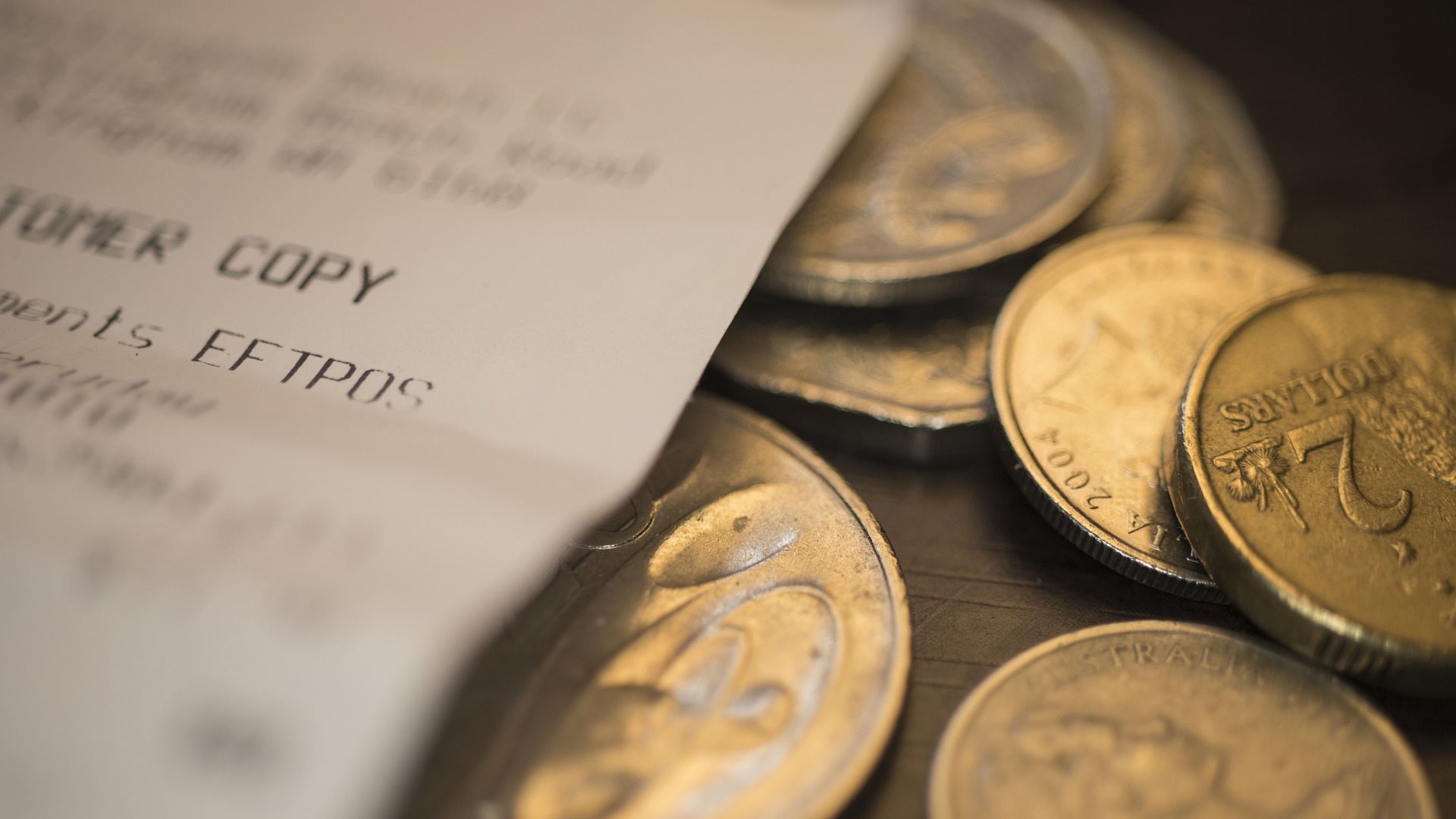
6 tips on how to budget: make the most of your money!
Setting up a budget can be the first step you can take towards the dream or a much more economically healthy standard of living. Read on to find out how to make a budget!
How much money should you save?
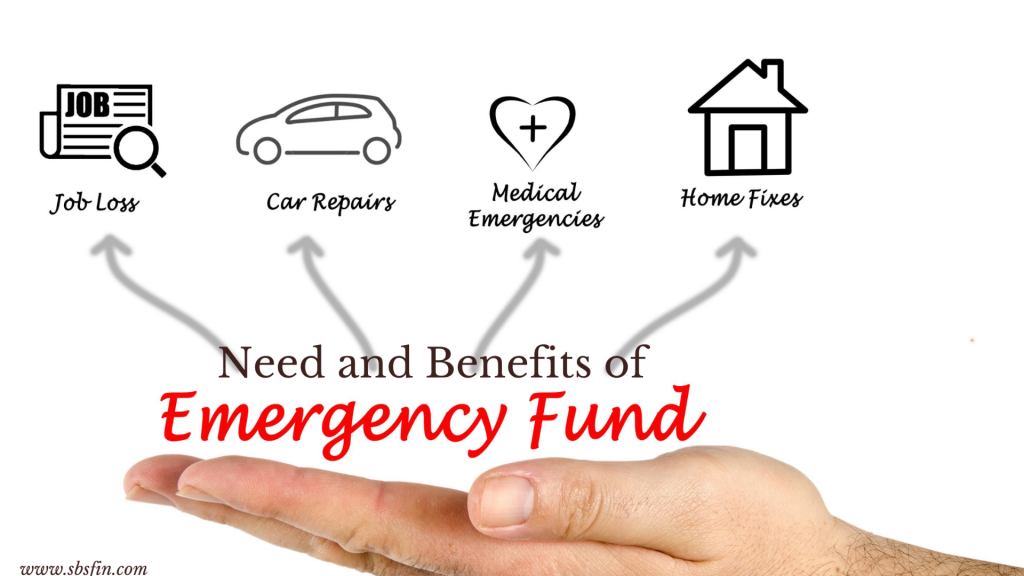
Indeed, by doing a quick internet search, you can find several ways to quantify values for an emergency fund.
So, some experts suggest that you analyze the value of your last emergency expenses to get a base. Others dictate that you just save a percentage of your income without having to do a lot of math.
However, we believe that the best way to calculate the value of a good emergency fund is based on your monthly expenses.
Therefore, we suggest that you calculate your essential monthly fixed expenses (energy, credit card balance, supermarket purchases…). Multiply this amount by a number between 6 and 12.
That’s it. This is the ideal amount for your emergency fund. However, you may be asking yourself, “Why choose a number between 6 and 12”?
Well, this amount will give you the security that your expenses will be paid even if you don’t have income for at least 6 months. In fact, for some people, this value may seem too high.
So, to achieve it, you need a consistent plan. So, in the next topics, we’ll talk about it.
How long does it take you to build an emergency fund?
In fact, there are those who manage to build up a good emergency fund in a few months. Others will need a little more time. However, time here is not an important factor.
So don’t feel pressured if you think it’s taking too long to build your emergency fund. Likewise, don’t feel inferior if, for some months, you are not able to save the desired amount.
You just have to understand that you are forging your own path, so you don’t have to compare yourself to anyone else.
In addition, it is common that in some months, you fail. In these moments, you need maturity to understand that this is not the end of the world.
You just need to understand what you did wrong and how to prevent it from happening again in the coming months. In fact, these should be the basics for anyone learning to build an emergency fund.
What is the best place to keep your emergency fund?
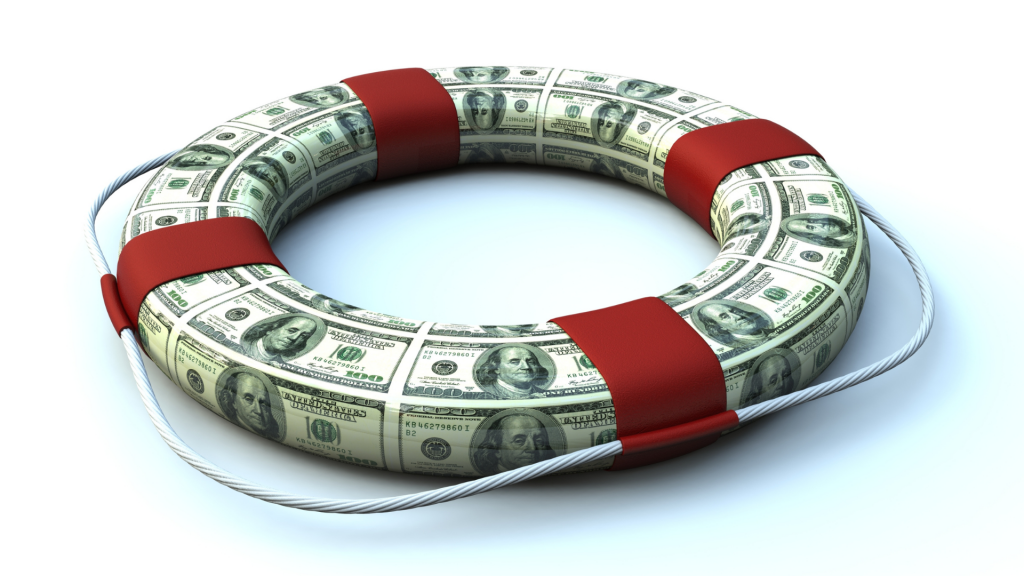
In fact, there is a basic rule of thumb for choosing where you will store your emergency fund. Overall, you need to allocate it to an asset that offers a lot of liquidity and low risk.
If you’re not already familiar with these terms, we’ll explain. An asset’s liquidity measures how quickly you can recoup the amount invested in it.
For example, land or real estate is generally not a highly liquid asset. If you need the amount invested in that investment, you will need to wait a few months before you can sell them.
Stocks on the stock exchange are examples of highly liquid assets. You can sell them and get your money (or part of it) back in minutes.
Despite high liquidity, stocks are not a good place to allocate your emergency fund. This is because these assets carry high risk.
In fact, you don’t have much control over how much those assets will be worth next month when you need to redeem them. Despite this, in the market, there are good options to save your money.
Therefore, we recommend that you choose between savings accounts (from online or physical banks) or credit unions. If you prefer, you can use prepaid cards.
The idea here is to look for options that do not cover maintenance fees. Understand that not paying fees is much more important than looking for an option that makes some money.
Tips for building up your emergency fund quickly
Finally, here is some indispensable advice on how to build an emergency fund. So, reflect on this and put them into practice:
Set a goal
It is important that you set a fixed minimum monthly savings amount for your fund or a percentage of your earnings.
Use automatic payment
There are some account apps where you can schedule fixed deposits for specific dates. That way, you won’t have any problems if you forget to make the deposit.
Set clear usage criteria
A shopping discount can be tempting enough to make you use your emergency fund. Therefore, you must be clear in which situations to use it. Medical expenses and car or house repairs are good usage criteria.
However, you can’t be afraid when the time comes to use it.
Don’t save too much
The more savings, the faster your fund will be created. However, saving more than necessary can increase the chances that you “throw everything up in the air” at some point.
So just do the basics you need each month, nothing more.
Be careful not to create new expenses
The feeling that things are going well can make you feel more comfortable with spending. However, don’t let that happen. Don’t ask for unnecessary new credit cards or create new expenses.
Creating an emergency fund is much easier when you have a well-defined budget. So, for many, this should be the first step. So, see the post below and find out how you can create a good budget!
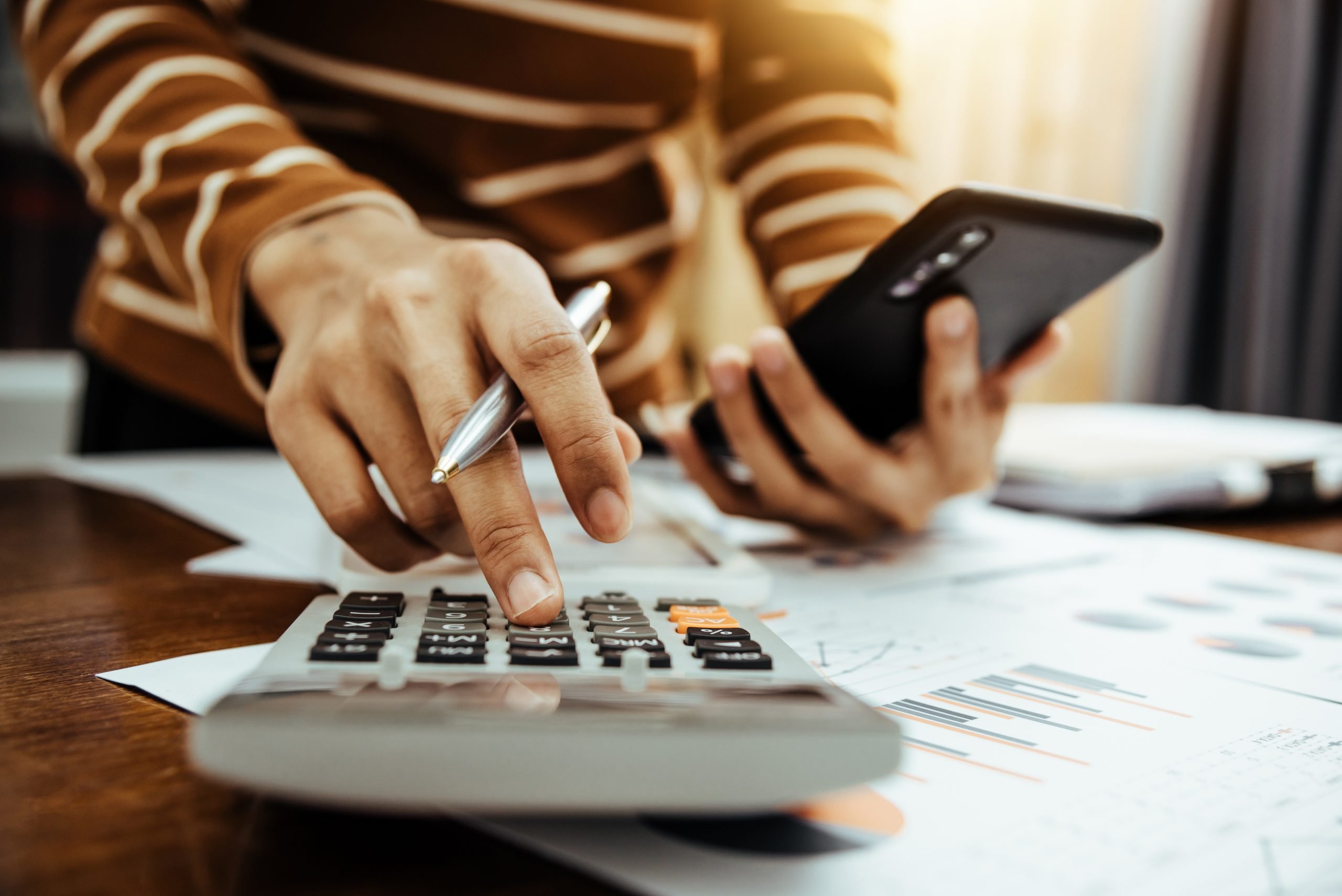
What is budgeting? 7 easy tips to improve your money management!
Financial health can be achieved through a simple and free tool: a good and realistic budget. Read this article and learn step by step how to apply this tool well in your financial life.
Trending Topics

Buy cheap JetBlue Airways flights: easy step by step
Find out how to buy tickets for cheap (and even free!) flights, travel packages, cruises, hotel stays and car rentals on JetBlue Airways!
Keep Reading
What Is a Jumbo Loan? Key Facts You Need to Know
Discover the essentials of what is a jumbo loan and how it can unlock your dream home in exclusive real estate markets. Read on to learn more!
Keep Reading
Petal® 1 “No Annual Fee” Visa® Credit Card full review: should you get it?
Petal® 1 "No Annual Fee" Visa® Credit Card offers up to a $5,000 limit and 10% cash back for people with bad credit. Learn more here!
Keep ReadingYou may also like

Achieve Your Dream: Discover Student Loan Refinance Review
Considering refinancing? Read our Discover Student Loan Refinance Review - ensure affordable conditions and low rates!
Keep Reading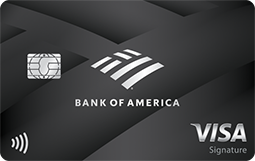
Tarjeta Bank of America® Premium Rewards®
Con la Tarjeta de crédito Bank of America® Premium Rewards® consigue 60,000 puntos y accede a beneficios exclusivos ¡Conócela!
Keep Reading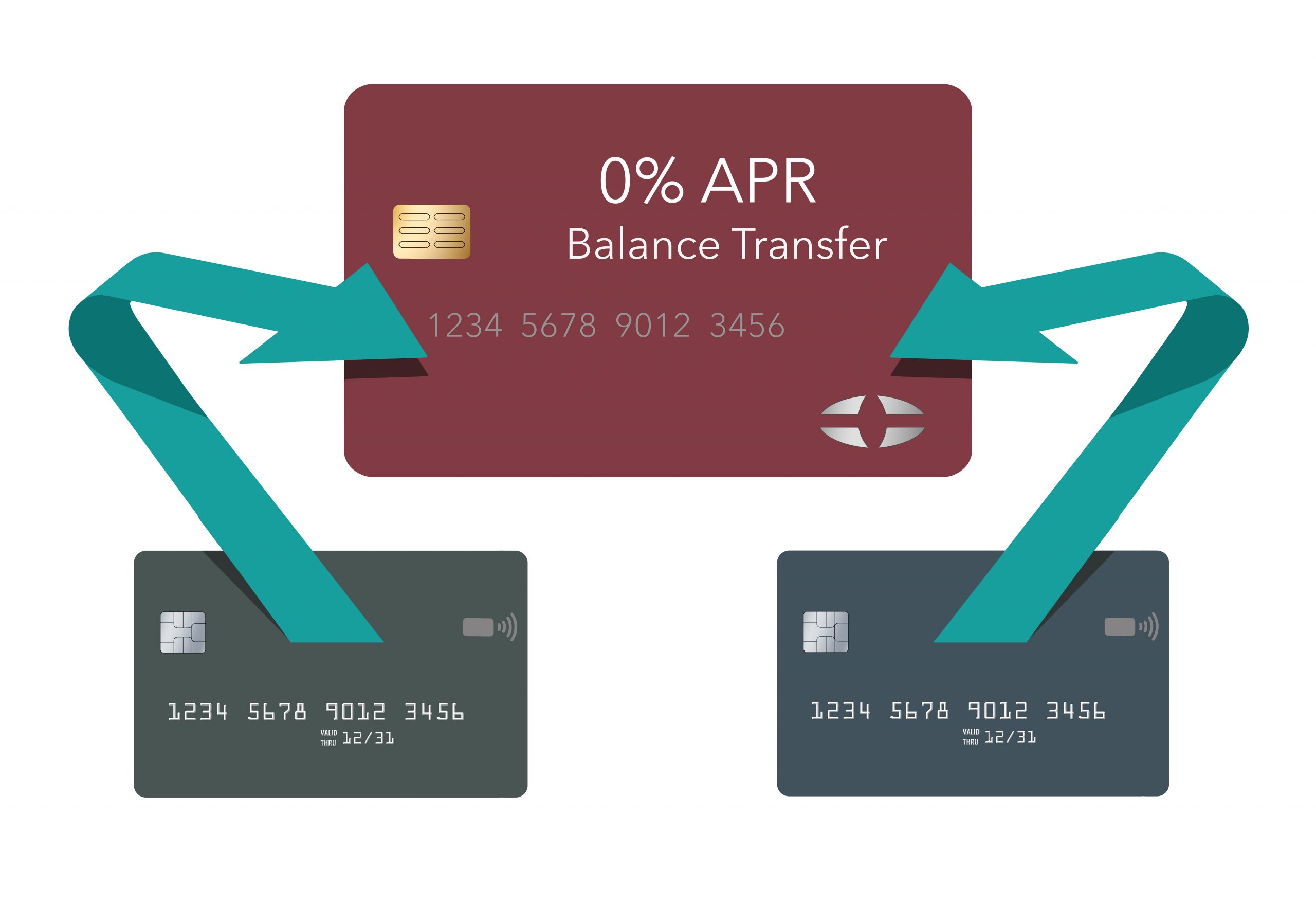
How to do a balance transfer on credit cards: 3 easy steps
There is a feature within the law that allows you to reduce card debts. Learn how to do a balance transfer on credit cards in 3 simple steps!
Keep Reading